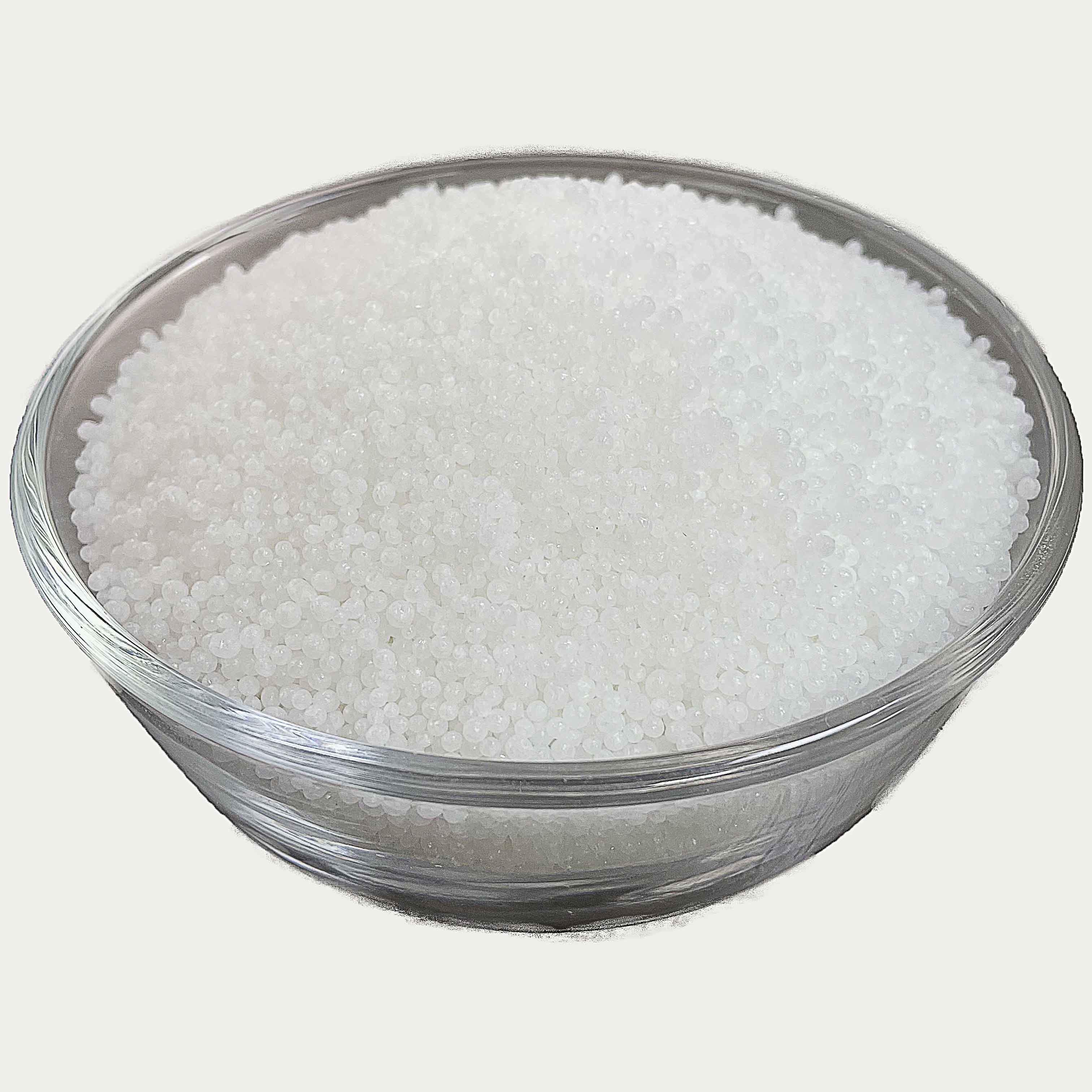
Dec . 09, 2024 17:45 Back to list
Top Organic Compost and Fertilizer Options for Enhancing Soil Quality
Best Budget Organic Compost and Fertilizer for Soil
When it comes to gardening, particularly in growing healthy plants, the quality of your soil is paramount. The best way to enrich your soil is through organic compost and fertilizers, which not only boost plant growth but also enhance soil structure and promote beneficial microorganisms. This article explores some budget-friendly options for organic compost and fertilizers that can help any gardener improve their soil without breaking the bank.
Understanding Organic Compost and Fertilizer
Before diving into specific products, it’s essential to comprehend what organic compost and fertilizers are. Organic compost is decomposed organic matter, such as vegetable scraps, yard waste, and manure, which adds nutrients back into the soil. It improves soil structure, water retention, and aeration. On the other hand, organic fertilizers come from natural sources and provide essential nutrients like nitrogen, phosphorus, and potassium, which are crucial for plant health.
Why Choose Organic?
Opting for organic compost and fertilizers has numerous benefits. They are environmentally friendly, reduce chemical run-off into water sources, and promote a healthier ecosystem. Additionally, organic materials improve microbial activity in the soil, making nutrients more accessible to plants. Using organic amendments can result in a more sustainable garden overall.
Budget-Friendly Organic Options
1. Homemade Compost One of the most cost-effective ways to enhance your garden is by creating your own compost. Collect kitchen scraps (vegetable peels, coffee grounds, eggshells) and yard waste (grass clippings, leaves) to create a compost pile. With proper aeration and moisture, these materials will decompose within a few months, providing you with rich compost at no cost.
best budget organic compost and fertilizer for soil

2. Manure Animal manure is an excellent organic fertilizer, often available for free or at a low cost from local farms. Cow, horse, and chicken manure are rich in nutrients. However, it’s essential to use well-aged manure to avoid harming your plants and to ensure that pathogens are minimized.
3. Coffee Grounds If you’re a coffee drinker, saving your used coffee grounds can benefit your garden. They are rich in nitrogen and can be added directly to the soil or compost pile. Many coffee shops also give away used grounds, making this an economical option.
4. Organic Mulch Utilizing shredded leaves, straw, or grass clippings as mulch not only helps retain soil moisture but adds organic matter to the soil as it breaks down. This method can be particularly effective in suppressing weeds and regulating soil temperature.
5. Fish Fertilizer Made from fish by-products, fish fertilizer is an excellent source of nitrogen and micronutrients. While commercial fish fertilizers can be pricey, some stores sell concentrated forms that might offer better value. Alternatively, you can create a diluted fish emulsion at home using fish remains.
6. Bone Meal This organic fertilizer is derived from animal bones and is high in phosphorus, which promotes strong root development. Bone meal can typically be found at garden centers at a reasonable price.
Conclusion
Enhancing your soil using budget-friendly organic compost and fertilizers is not only feasible but also beneficial for your plants and the environment. By utilizing homemade and readily available organic materials, you can create a thriving garden without overspending. The key is to combine various organic amendments to provide a balanced nutrient profile and foster a healthy soil ecosystem. With some effort and creativity, you can cultivate a lush garden that flourishes year after year while adhering to a budget.
-
10 10 10 Fertilizer Organic—Balanced NPK for All Plants
NewsJul.30,2025
-
Premium 10 10 10 Fertilizer Organic for Balanced Plant Growth
NewsJul.29,2025
-
Premium 10 10 10 Fertilizer Organic for Balanced Plant Growth
NewsJul.29,2025
-
Premium 10 10 10 Fertilizer Organic for Balanced Plant Growth
NewsJul.29,2025
-
50 Pound Bags of 13-13-13 Fertilizer for All Plants – Bulk & Organic Options
NewsJul.28,2025
-
High-Efficiency 15-30-15 Granular Fertilizer for Healthy Crops
NewsJul.28,2025
